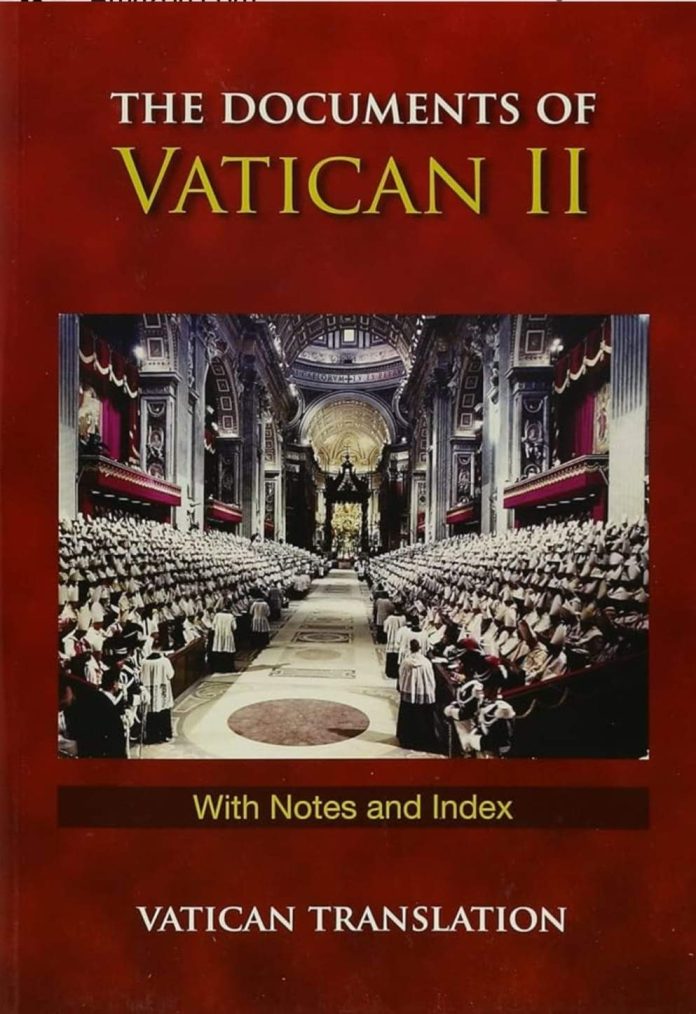61 years ago, on October 11, 1962, the Second Vatican Council was opened by Pope John XXIII. It was closed on December 8, 1965, by Pope Paul VI. The council was held in St. Peter’s Basilica, Rome.
Pope John XXIII convoked the council because he felt the Church needed “updating” (in Italian: aggiornamento) in order to connect with men and women of the 20th century.
In an “increasingly secularized world, some of the Church’s practices needed to be improved, and its teaching needed to be presented in a way that would appear relevant and understandable” to the men and women of the day, the pope reasoned.
The innovations ushered in by the Council were not accepted by all. Some were afraid that the changes, like ecumenism, interreligious dialogue, the introduction of vernacular in the mass, the use of local instruments, etc., were against the scriptures and the age-long traditions of the church.
One of the main opponents of the innovations introduced by Council was the conservative French Archbishop Marcel Lefebvre CSSp, who was at the time the Superior General of the Holy Ghost Fathers. Some members of the Holy Ghost Fathers stood against the conservative ideas of Lefebvre, while others supported him.
It should be recalled that a greater part of the Nigerian church was in the hands of the Holy Ghost Fathers at that time. Consequentially, Lefebvre’s stand divided the Holy Ghost Fathers in Nigeria as well. The result was that the recommendations of the Council were not given the attention and seriousness that they required in Nigeria. The cold reception of Vatican II in Nigeria explains the reason why many lay faithful in Nigeria till date are not at home with the recommendations of Vatican II. Even our local catechism books were not updated to incorporate the new changes as the Western churches did.
With the appointment of Francis Arinze as the archbishop of Onitsha in 1967, the Nigerian Church had the opportunity once more to bring the recommendations of the Council home. This was again disrupted as the Nigerian-Biafran war broke out a few weeks later.
After the 30-month war, the church, especially in the former Biafran region, bothered itself with reconstruction and rehabilitation so much that the recommendations of the Council were no longer given adequate attention. To date, an average Nigerian Catholic is unaware of the changes brought by the Council. That is why we still see Catholics who still see other religions and denominations with a pre-Vatican II eye.
Rev’d. Fr. Angelo Chidi Unegbu










